| IN A NUTSHELL |
|
In recent years, the international community has implemented a series of stringent sanctions against Russia, primarily in response to its aggressive actions in Ukraine. These sanctions have had a significant impact on Russia’s import of industrial products with potential military applications. A comprehensive study by The Insider, leveraging customs data, reveals that these imports plummeted from approximately 10.5 billion USD in the previous year to around 7.4 billion USD in 2024. This substantial decline underscores the profound effects of sanctions on the Russian economy and its military-industrial complex.
Decline of Imports from China and the West
China, previously a key supplier of production equipment to Russia, has markedly reduced its exports. In 2024, shipments to Russia dwindled to a mere tenth of their previous volume. Similarly, the import of electronic components from the United States, Europe, Japan, and South Korea has experienced a dramatic 17-fold decrease. This trend highlights the considerable challenges Russia faces in accessing critical technologies essential for its defense sector.
Across nearly all sectors, there have been significant declines, with the exception of machine tools used for metalworking and measuring instruments. Despite this, overall imports of Western industrial equipment have decreased by 23 percent and continue to trend downward. These imports are crucial for sustaining Russia’s defense production and continuing its military operations.
Complex Supply Chains
The Insider’s documentation of Russia’s dwindling industrial imports, crucial for its defense industry, paints a clear picture. These include metalworking machines from Taiwan, the Czech Republic, Germany, and South Korea; milling machines from Israel; metallurgical lines from Italy; and coordinate measuring machines from Sweden and Germany. Additionally, optical processors from Australia and electronic chips from the United States, Taiwan, France, and the Netherlands are also affected.
These components play a vital role in manufacturing artillery, firearms, drones, and electronic warfare systems. To circumvent embargoes and sanctions, Russia has developed intricate supply chains. Much of this machinery arrives via China, the Eurasian Economic Union (EAEU), and networks in non-Western countries such as Taiwan, Israel, Singapore, Hong Kong, and Turkey.
Reasons Behind Import Decline
Several factors contribute to the decline of imports through Kremlin-friendly nations. A stricter adherence to export bans by some manufacturers, fearing tighter enforcement of sanctions, plays a part. Additionally, since 2023, Russia has accelerated the modernization and warehousing of existing production facilities, reducing the need for new imports. A decreased budget for capital goods also contributes to this trend.
The Insider highlights a rise in smuggling activities, with Russia importing many goods without proper declaration. New supply chains have emerged unexpectedly, with countries like Gabon, Haiti, and the Democratic Republic of the Congo now becoming exporters to Russia. These developments suggest a shift in import strategy, relying less on well-known brands and more on custom components from obscure manufacturers.
Impact on the Russian Defense Industry
The shift to lesser-known manufacturers and pre-fabricated components poses risks to the quality of Russian military technology. This could adversely affect the operational capability of the Russian armed forces. The long-term impact of these changes on the Russian defense industry remains to be seen. The pressure on Russia to find alternative supply routes may lead to further adjustments in military strategy.
The economic and technological challenges facing Russia are significant. With ongoing sanctions and global political uncertainties, the future of the Russian defense industry hinges on its ability to adapt to new conditions and devise innovative solutions. The international sanctions have presented substantial challenges to the Russian economy, particularly its defense sector. The question remains whether Russia can overcome these technical and economic obstacles to maintain its military strength or if the sanctions will ultimately weaken its defense capabilities.
As the situation continues to develop, the resilience of the Russian defense industry will be tested. The broader implications for global security and political dynamics are uncertain. How will Russia navigate these challenges, and what strategies will it employ to secure its defense interests in an increasingly complex international landscape?
Did you like it? 4.6/5 (22)
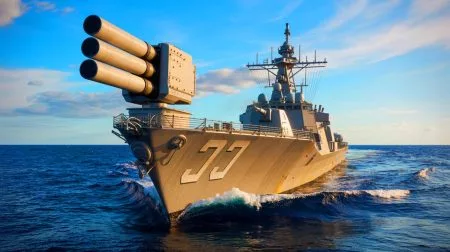
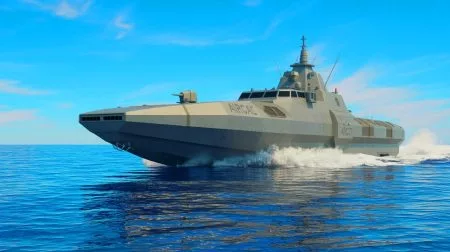
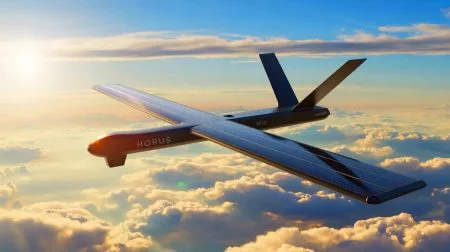

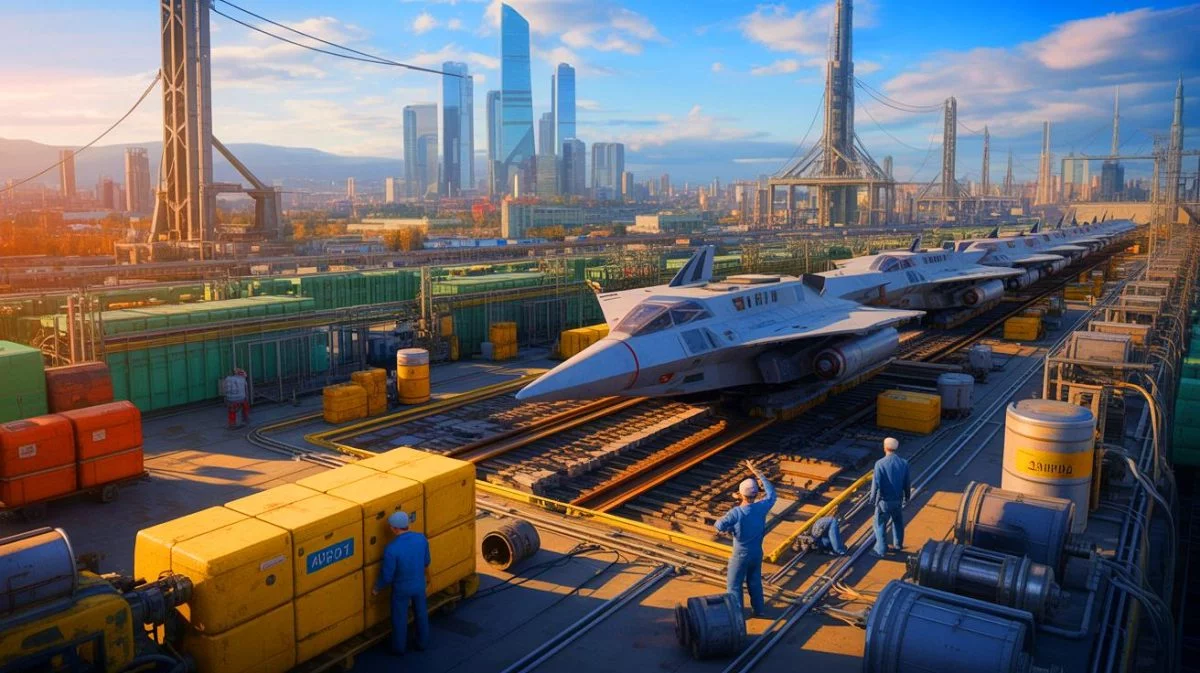
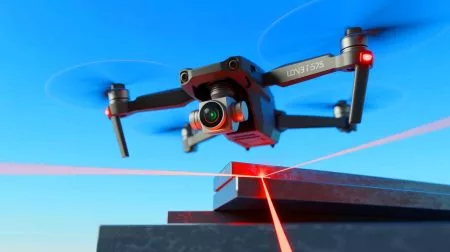
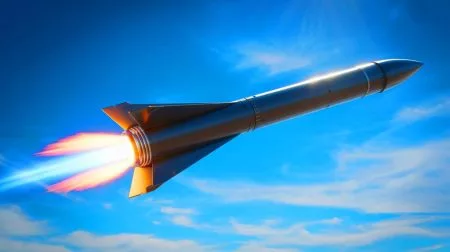
Wow, I didn’t realize how much Russia was impacted by these sanctions! 😲
Isn’t it surprising that China has reduced its exports to Russia? I thought they were allies.
This article does a great job explaining the complexity of geopolitical supply chains. Thanks for the insight!
How reliable are the sources used in this article? 🤔
If Russia’s military production is faltering, could this lead to a shift in global power dynamics?
Are there any signs of Russia seeking new alliances because of these sanctions?